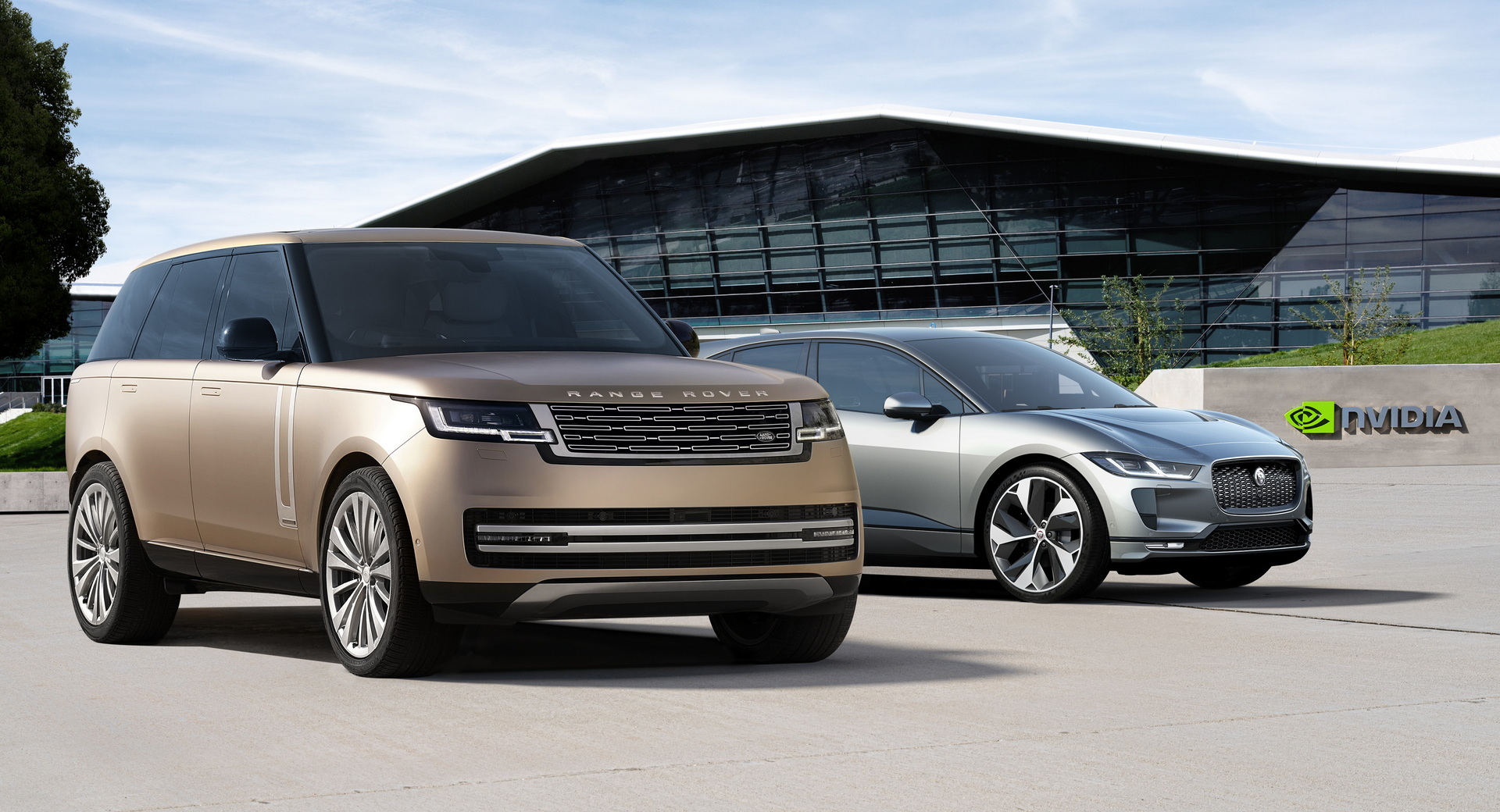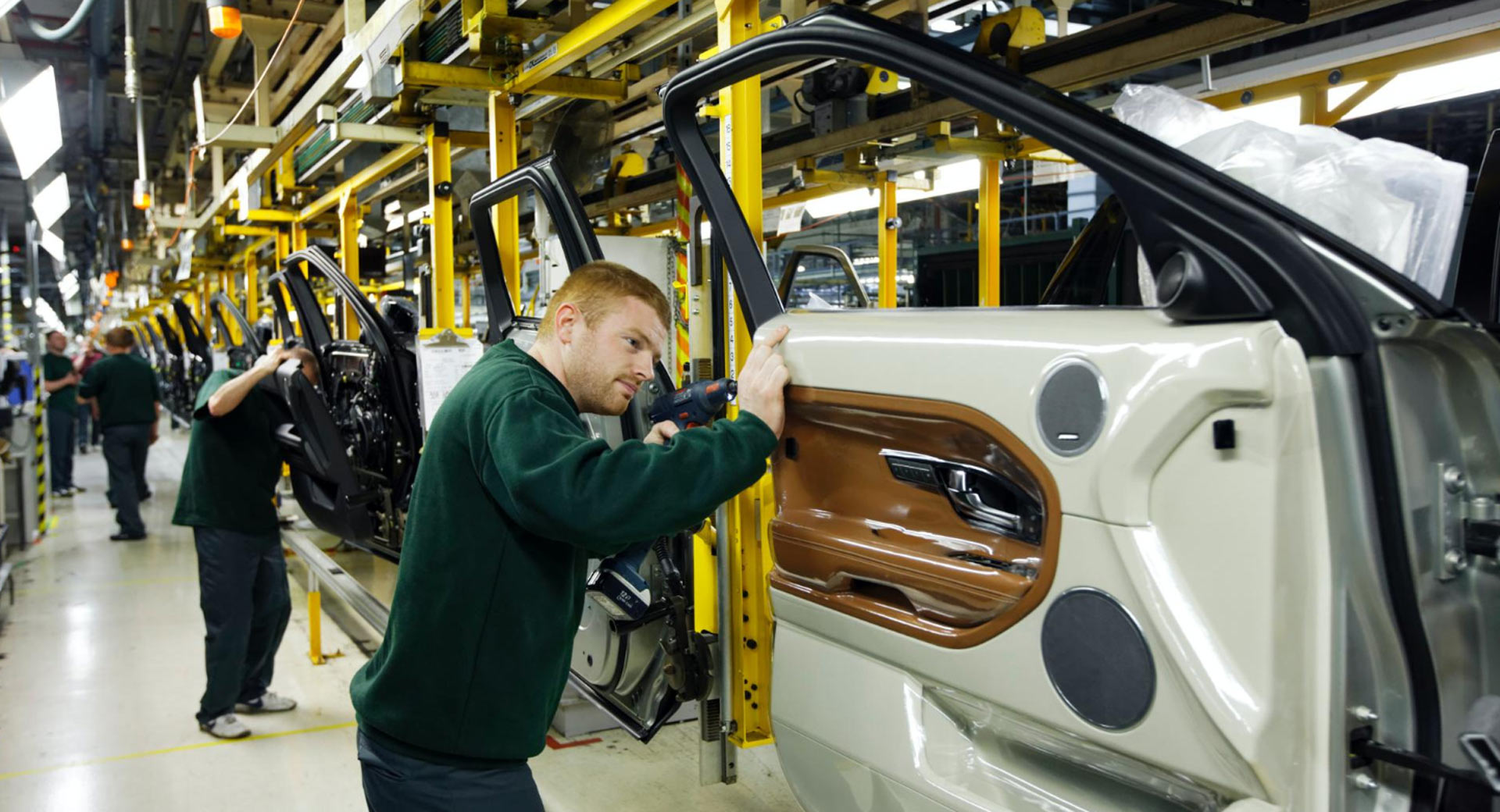Jaguar Land Rover has posted a quarterly loss of £524 million ($636 million) before tax as its financial performance continues to be impacted by semiconductor shortages and other supply chain issues.
In addition to its loss before tax swelling from £110 million ($133 million) a year earlier, Jaguar Land Rover revealed that sales continued to be constrained and that the ramp-up of new Range Rover and Range Rover Sport models remains slower than expected. Contributing to the losses was unfavorable inflation to the tune of £161 million ($195 million) and currency and commodity revaluation at £236 million ($286 million) year-on-year. Revenue topped out at £4.4 billion ($5.35 billion) for the quarter, down 7.6 per cent.
The automaker sold 78,825 vehicles in the latest quarter, down just 183 units from the quarter ending March 31 but a significant 37 per cent decline from the second quarter of 2021.
Read Also: Jaguar Reportedly Working On Three New Electric SUVs
Interestingly, Jaguar Land Rover has almost 200,000 vehicles in its order books, consisting of 62,000 orders for the new Range Rover, 20,000 for the Range Rover Sport, and 46,000 for the Land Rover Defender.
“Our strategy to deliver the future of modern luxury to our clients continues at speed, as we accelerate our plans for an electric-first, brand-led business,” Jaguar Land Rover chief executive Thierry Bolloré said. “Although headwinds from the global semiconductor supply and COVID lockdowns in China have impacted our business performance this quarter, I am pleased to confirm that we have a completely reinforced organization setup to respond to the semiconductor crisis. This is now starting to recover production growth to achieve greater volumes and will allow us to take advantage of our record order book in the second quarter.”
Jaguar Land Rover expects its financial performance to improve significantly over the year thanks to improvements in chip supply and the ramp up of Range Rover and Range Rover Sport production.





